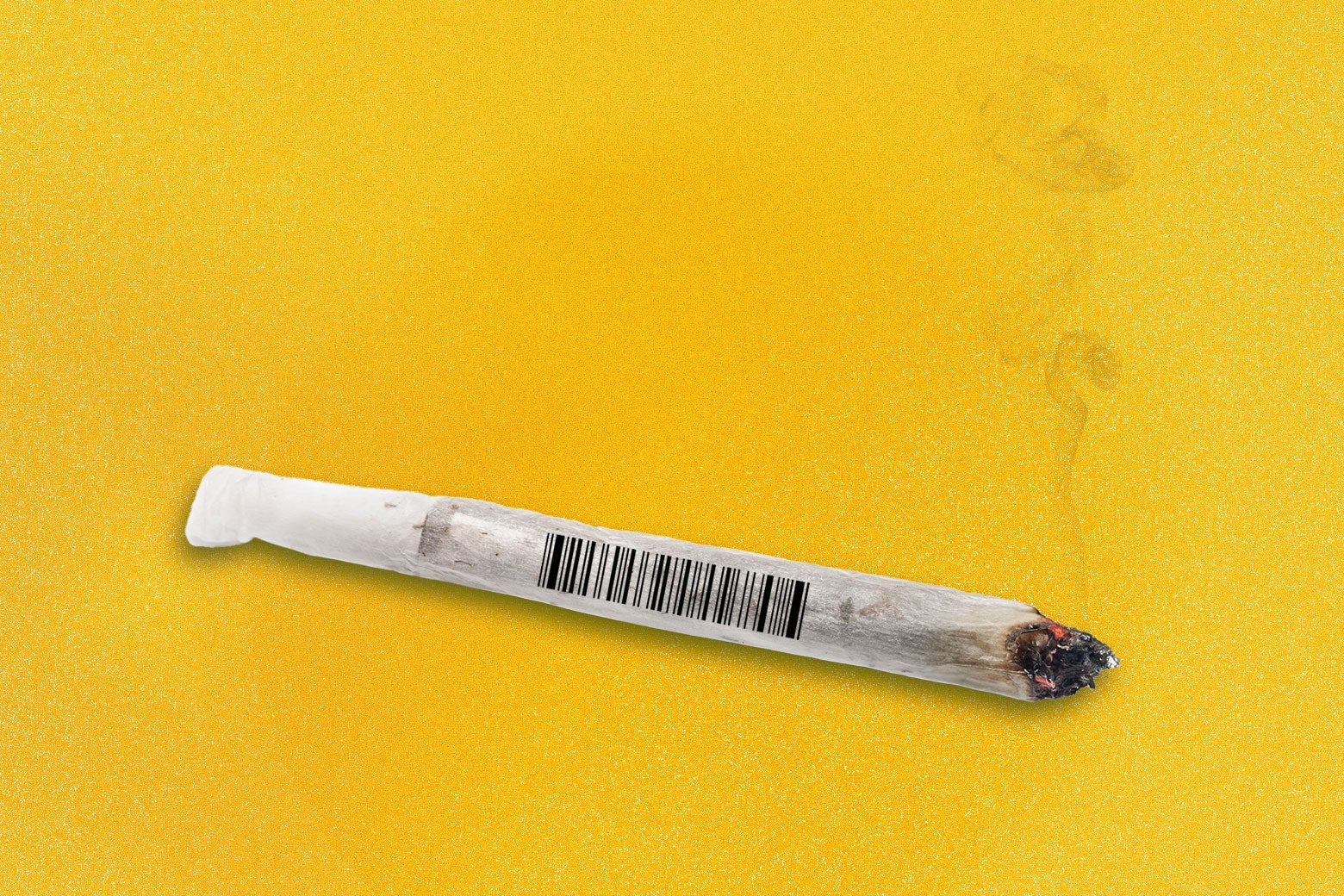Australia Faces Ongoing ADHD Medication Shortage: Families Struggle to Access Essential Treatments
In Australia, families relying on medication for attention deficit hyperactivity disorder (ADHD) are grappling with significant supply shortages that have left many without access to essential treatments. One such family is that of Albany mother Shannon Roberts, whose concern for her children's mental health has intensified amid the ongoing crisis. The Therapeutic Goods Administration (TGA) has indicated that the shortage of Concerta, a commonly prescribed ADHD medication, is expected to persist until at least December of this year.
Roberts, a devoted mother of three, recently faced a disheartening surprise when she went to her local pharmacy to refill her children's prescriptions. To her astonishment, the pharmacist informed her that they were out of stock. This incident is not isolated, as many Australians are now struggling to access their medications due to ongoing supply issues affecting multiple drugs. Shannon's two children, who have been diagnosed with ADHD, rely on these medications to manage their conditions effectively.
Roberts described the experience as not only time-consuming but also incredibly frustrating for her entire family. She shared, "I put in all of our scripts to be filled five days before they were due [in January], and they couldn't be filled." The situation is further complicated by the fact that her children have suffered debilitating side effects from alternative ADHD medications, making the search for suitable substitutes a daunting task.
"My eldest is now on her third medication change, while my second eldest is waiting for an appointment at a clinic in April," Roberts explained, highlighting the ongoing struggles many families face. She continued, "My kids had horrendous side effects from Ritalin. The eldest lasted just one week because we were so worried about her mental health." This revelation underscores the critical need for consistent access to effective medications for children with ADHD, particularly when many alternatives may not be suitable.
The TGA's report indicates that approximately 400 medications are currently listed as being in short supply across Australia. This list includes not only ADHD medications like Concerta but also essential treatments for menopause and blood pressure management. The various dosages of Concerta—18mg, 27mg, 34mg, and 54mg—are all affected by the shortages, further limiting options for patients who depend on these drugs.
Jane McLean, a pharmacist based in Albany, has witnessed the ebbs and flows of medication availability over the years. "Last year, we experienced a prolonged shortage of Vyvanse, and this year, Concerta has become difficult to source," she noted. McLean emphasized that the frequency of out-of-stock medications has increased significantly in recent years, stating, "In the last few years, we've seen more out-of-stock situations than in the previous 10 to 15 years." This observation sheds light on the broader trend of increasing medication shortages affecting healthcare providers and patients alike.
Compounding the issue are strict regulations surrounding ADHD medications, which allow prescriptions to be filled only five days prior to running out to prevent stockpiling. Roger Paterson, chair of the ADHD WA clinical advisory board, expressed concern about the implications of these regulations, stating, "It can take months to find the right medication and prescription for a child, adding significant stress to families." He further explained, "The bottom line seems to be that demand is gradually outstripping supply, and there is a global shortage of these medications. We are just experiencing it in our own way within the field of ADHD."
The TGA's forecast regarding the Concerta supply shortage has left many families feeling anxious about their children's treatment plans as they await further updates. Andrew Ngeow, the president of the Pharmacy Guild of Australia WA, explained the complexities of the situation, noting that Australia imports 90 percent of the medications it prescribes while accounting for only 2 percent of the world’s demand. He concluded, "When there is a shortage, we feel it first and are last in line for replenishment." This stark reality highlights the vulnerabilities within the global pharmaceutical supply chain and the urgent need for systemic improvements to ensure patients have consistent access to their necessary treatments.


























